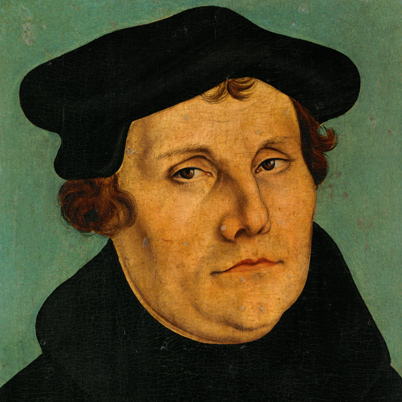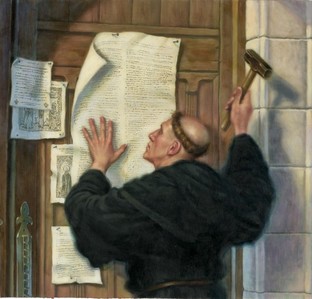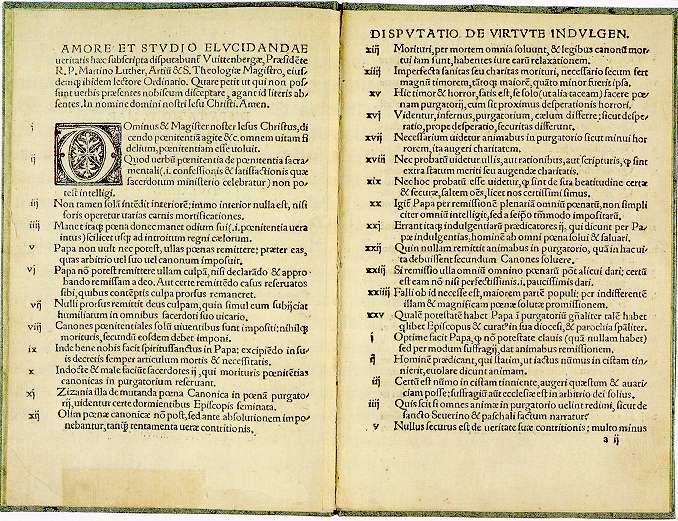Undershaft is seen by his family as an evil man, but he does makes many enlightened remarks about religion in their society. In Major Barbara, sometimes you have to look not at religion, but the way religion is conducted. By this idea does Undershaft point out the flaws in the system of the Salvation Army and other religious organizations.
Undershaft consistently preaches that his religion is “money and gunpowder” as they are both necessary to his business and his life. When Barbara asks about his salvation, Undershaft states that he will need money to live long enough to salvation. Money plays a central them to the play in regards to satisfy the characters needs and problems, as it does in real life. Snobby Price and Rummy abuse the shelter’s charity for food and shelter in their time of need by making up false alibis of their misfortunes. Mrs. Baines bargains and brown-noses Undershaft once she knows he has money he can donate. They shelter also accepts money not only from Undershaft, but form Lord Saxton who owns a beer distillery. Alcohol and war, two ideas that the Salvation Army is trying to fight against, is in fact the businesses keeping them afloat financially.
Undershaft consistently preaches that his religion is “money and gunpowder” as they are both necessary to his business and his life. When Barbara asks about his salvation, Undershaft states that he will need money to live long enough to salvation. Money plays a central them to the play in regards to satisfy the characters needs and problems, as it does in real life. Snobby Price and Rummy abuse the shelter’s charity for food and shelter in their time of need by making up false alibis of their misfortunes. Mrs. Baines bargains and brown-noses Undershaft once she knows he has money he can donate. They shelter also accepts money not only from Undershaft, but form Lord Saxton who owns a beer distillery. Alcohol and war, two ideas that the Salvation Army is trying to fight against, is in fact the businesses keeping them afloat financially.
This situation is nothing new to Christianity. In the sixteenth century, Martin Luther was driven to nail his ninety five theses on the front of the Catholic churches door. This document outlined his views on the practices within the church, and his thoughts against the acceptance of monetary values for forgiveness of sins. He believed that not money “bought” your way to heaven and everlasting life, but good deeds and leading a Christian life.
Barbara starts to see this type of corruption play out in front of her with Mrs. Baines accepting Undershaft’s check at the end of Act II. Bill echoes this with his line “What price is salvation now?” Send money and solve your guilt, just like the practices of four centuries ago. With Barbara giving over her Salvation Army pin to Undershaft, she has referenced back to the bargain they made in Act I. She signifies that Undershaft has won and has instead converted her, or at least showed her the light though dim it may be. Barbara, once a saver of souls, becomes as lost as the people she once tried to convert.
In the beginning of Act III, Cousins compares Undershaft to Dionysus, the god of wine, after going out and drinking with him after the rally. This is how Shaw connects the two evils, alcohol and war, by comparing the god of wine to the self-proclaimed god of war. Mrs. Baines believes she taking the money, she is winning over the distillery and factory. However, the power actually resides with Lord Saxton and Undershaft, for without their money the Salvation Army couldn't run their operations. Even when Mrs. Baines tells him to thank God, Undershaft asks “shouldn't you be thanking me?” Both Wealth and power make a man godlike, giving him control over life and death.
Undershaft doesn't ask for what he can’t buy. However, through “buying” the Salvation Army, he has also bought Barbara.
“Through religion will we win Barbara."
"Inspiration comes from within herself.” - Undershaft
For more information:
Martin Luther's The 95 Theses
http://www.spurgeon.org/~phil/history/95theses.htm
In the beginning of Act III, Cousins compares Undershaft to Dionysus, the god of wine, after going out and drinking with him after the rally. This is how Shaw connects the two evils, alcohol and war, by comparing the god of wine to the self-proclaimed god of war. Mrs. Baines believes she taking the money, she is winning over the distillery and factory. However, the power actually resides with Lord Saxton and Undershaft, for without their money the Salvation Army couldn't run their operations. Even when Mrs. Baines tells him to thank God, Undershaft asks “shouldn't you be thanking me?” Both Wealth and power make a man godlike, giving him control over life and death.
Undershaft doesn't ask for what he can’t buy. However, through “buying” the Salvation Army, he has also bought Barbara.
“Through religion will we win Barbara."
"Inspiration comes from within herself.” - Undershaft
For more information:
Martin Luther's The 95 Theses
http://www.spurgeon.org/~phil/history/95theses.htm



 RSS Feed
RSS Feed